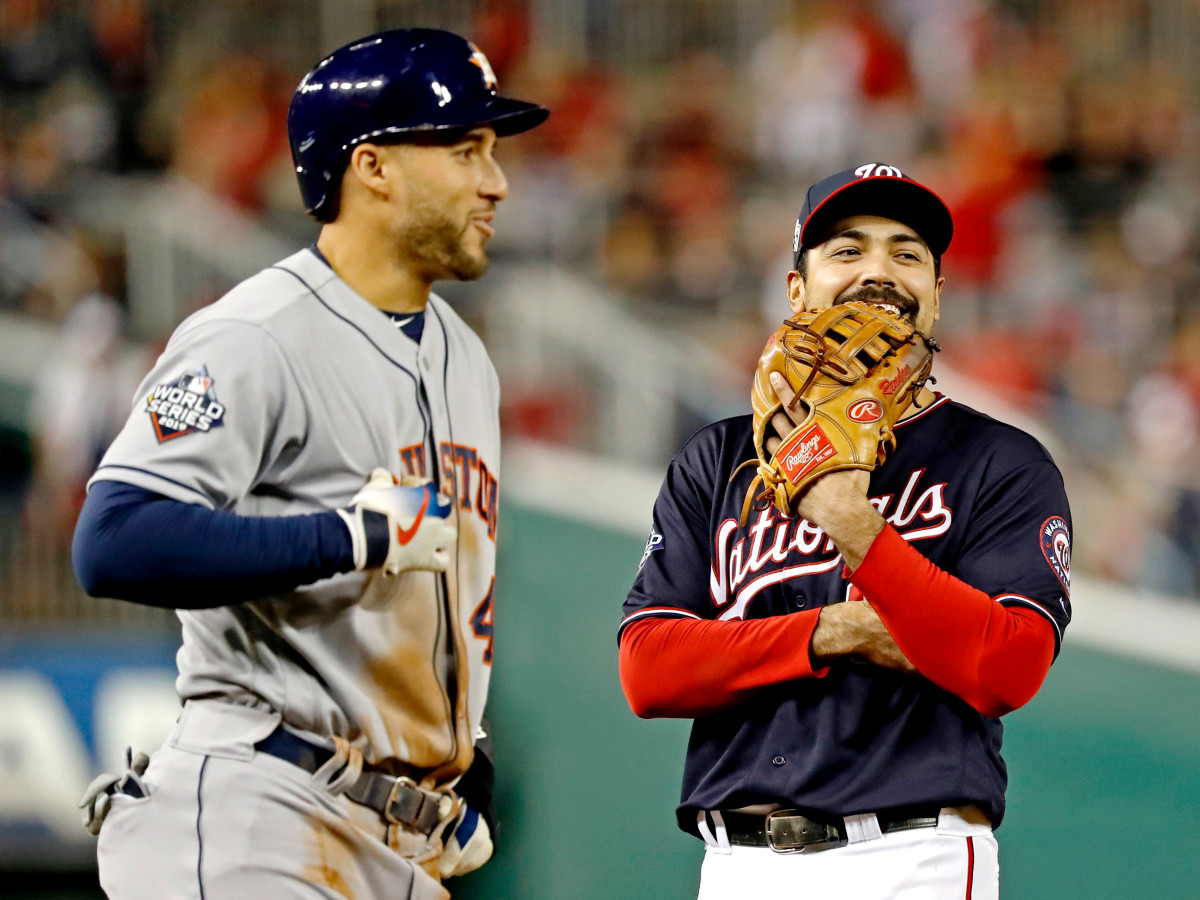'Baseball Is Boring!' — That's What Makes It Great

Sometimes when people find out what I do for work, they offer me a look of compassion. “Baseball is boring,” they say, sympathetically.
They are surprised when I agree with them. The words are right, I say. It’s the inflection that’s wrong. Baseball is boring!
Players learn this quickly. No one can stay engaged for three and a half hours, so minor league coaches are tasked with teaching prospects how to zone out between pitches and quickly return to focus. Baserunners joke with the basemen holding them on. Outfielders carry on conversations during innings. Marooned out in the bullpen, relievers try to solve the world’s problems.

For fans, the monotony is even more pronounced, and even more wonderful. Baseball is best enjoyed as the soundtrack to something else. It’s a perfect sport to watch as you catch up with a friend, as you read a book, as you drift off on a Sunday afternoon. Baseball doesn’t demand you lock in from first pitch to final out. It asks you to absorb it.
I first fell in love with baseball as an anxious high school freshman whose world felt constantly in motion. My friends one day could be my enemies the next. The subjects that had come easily in eighth grade suddenly seemed impossible. I couldn’t decide whether I wanted read Harry Potter or Seventeen. But every night, no matter how my day had gone, I could rely on the Red Sox. I plotted parabolas on graph paper as the WEEI’s Joe Castiglione and Jerry Trupiano tried to gauge whether balls would clear the fence. I translated epic poems from Latin as they described Nomar Garciaparra’s at-bat routine. I researched history papers as they taught me about Ted Williams.
Of course baseball is boring. That’s the point. Anyone can watch 16 football games. But if you hung on until the 27th out of all those 11–1 games in July, and then your team wins the World Series … man, you earned that.
All this tedium is perhaps even more valuable right now. Studies have shown that ennui can spur creativity. They have also shown that we as a society are becoming less able to sit quietly with that ennui. When is the last time you stood in a line without staring at your phone? The moments of quiet between plays in a baseball game give you an opportunity, if you want it, to look at something and really see it.
To be sure, the pace of play can be glacial, especially as the modern game incentivizes strikeouts for both hitters and pitchers. But all that plodding from April until September is what gives us joyous Octobers. No other sport can replicate baseball’s ability to build tension. Take the most exciting moment of this year’s postseason, Nationals DH Howie Kendrick’s go-ahead home run in Game 7 of the World Series. To get there, Washington fans weathered 162 regular season games, including a 19–31 start … the wild-card game … a five-game division series … a four-game NLCS … the first six games of the Fall Classic … the first six innings of Game 7, which left them down 2–0 with nine outs remaining … an Adam Eaton groundout … an Anthony Rendon home run to bring the game within one … a Juan Soto walk … a pitching change to bring in Astros reliever Will Harris … a swing … a miss …
Baseball is like life: It’s boring until it isn’t. And then it is again.
